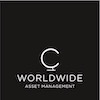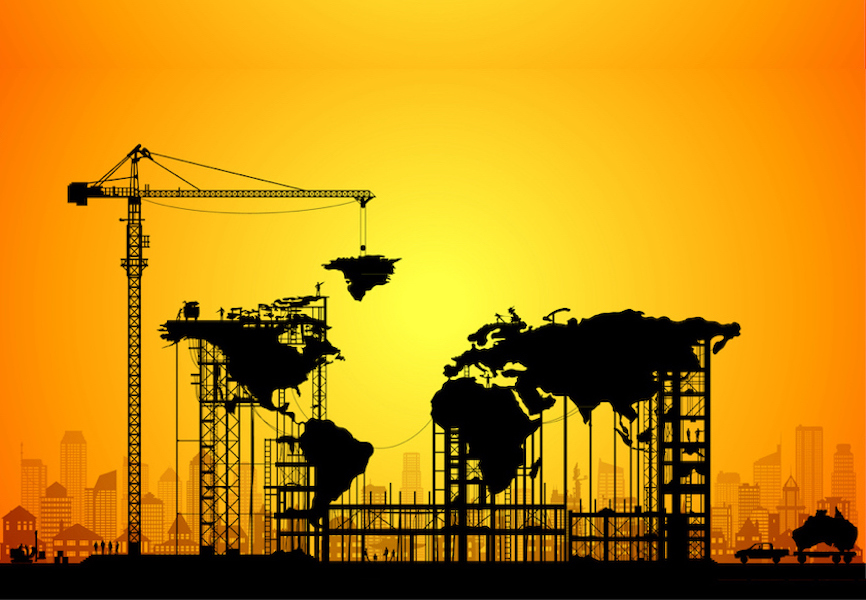

The era of big (and growing) government has resumed
David Rindegren of C Worldwide Asset Management says while central bankers fight inflation, governments are fuelling it to please voters
- Featuring: David Rindegren
- November 1, 2022 November 1, 2022
- 16:01

(Runtime: 5:00. Read the audio transcript.)
**
After a couple of decades of mild contraction, world governments are growing again, says David Rindegren, head of the global research team at C Worldwide Asset Management in Denmark.
“Every time there’s a crisis, big government takes another step forward. The latest one, the war in Ukraine, is just another example of that,” he said on this week’s Soundbites podcast. “All the geopolitical events we see are just affirming our view that big government is here to stay.”
Governments have been trying to spend their way out of crises, in direct defiance of what central banks need them to do.
“Central banks seem to more impotent than ever before,” he said, suggesting that they deserve a failing grade of 2 out of 5. “They’re trying to fight inflation, while governments are fuelling it to please voters.”
This brand of inflation is particularly resilient, Rindegren pointed out, because it is connected to the current energy crisis, which is itself driven by disrupted supply chains and an ongoing war.
But investors should know that current challenges will not persist indefinitely. He said central banks could start easing next year, the war in Ukraine will eventually end, and Covid-plagued China should re-open soon.
“Many of the shorter-term or medium-term factors could reverse, and that would obviously be a huge tailwind to the markets when and if they do,” he said.
Under these conditions, Rindegren said the best way to find investment-worthy companies is through research, not headline-reading: “It’s a losing proposition to chase these shorter-term macro and geopolitical events because it’s so difficult to get them right.”
One trend he said will persist, however, is the drive toward lower emissions. As a result, he likes Linde plc, a global industrial gases and engineering company based in Ireland, and Japan-based Daikin Industries Inc., a world leader in the manufacture of energy-efficient air conditioning units.
Another Japan-based company, Keyence Corporation, has also captured his attention with its emphasis on improving the efficiency of manufacturing processes using robotics and sensors.
“Keyence is an interesting company,” he said. “They are an asset light, automation consultancy with very good sales people that work closely with their customers.”
He also likes Novo Nordisk A/S of Denmark, a pharmaceutical company that has developed an anti-obesity drug that is gaining attention around the world.
“Rather than focus on geopolitics, there are themes and trends that are ongoing, no matter what we see in the papers,” he said. “And it is always important to consider if the company you are investing in is part of the solution or the part of the problem.”
The investment opportunity is only improved by current market volatility.
“Given the turbulence, it is inevitable that some outstanding businesses will be sold at very affordable prices,” he said.
**
This article is part of the Soundbites program, sponsored by Canada Life. The article was written without sponsor input.
